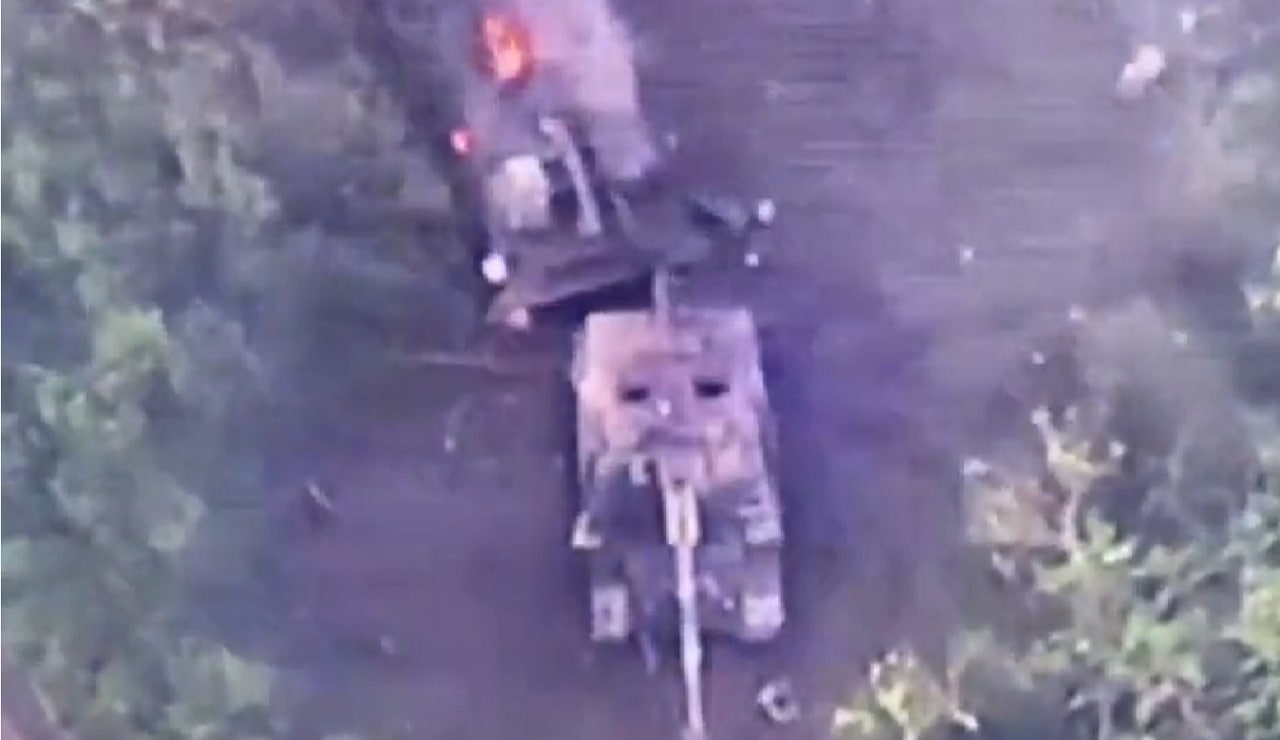As Ukraine continues its recently-launched counteroffensive – a new military push that Russian President Vladimir Putin himself has admitted is already underway – Moscow on Thursday announced plans to hold elections in occupied regions of Ukraine. While Russian forces may still control many contested parts of Ukraine, that control is by no means secure and Ukrainian forces are continuing to advance in southern and eastern parts of the country.
In a statement, the Russian Central Election Commission said that “new subjects of the Russian Federation will be held on a single voting day on September 10, 2023.” Specifically, the commission said that elections would be held in the territories that Russia claimed to have annexed in September 2022, which include Zaporizhzhia, Luhansk, Donetsk, and Kherson oblasts. Russia’s annexation of the regions – which they did not fully control at the time of the supposed annexation – came after a series of referendums that were widely dismissed by the global community as illegitimate.
In Russia’s Thursday statement, the Donetsk region of Ukraine was described both as a part of the Russian Federation and as the Donetsk People’s Republic – a name chosen by anti-Kyiv nationalists who established a self-styled state in the region before the Russian invasion. The statement said that Donetsk will elect members to its People’s Council and to representative bodies of the 21 municipal regions within it. Municipal elections will also be held in the “Luhansk People’s Republic,” Kherson, and Zaporizhzhia. Kherson and Zaporizhzhia oblasts will also elect members to their respective legislative assemblies.
Why Now?
Russia’s decision to hold elections in the region is likely an effort to show the international community that, no matter how much pressure the West puts on the Kremlin, those territories are now considered inextricable parts of the Russian Federation and that no negotiations will return them to Ukrainian rule.
The elections, however, are likely to be dismissed as illegitimate by the international community, just as the 2022 referenda were dismissed by the United Nations of most Western countries.
The Counteroffensive Is Doing Damage
Since Ukraine launched its long-awaited counteroffensive, reports suggest that at least seven villages have been reclaimed from the Russians along the southeastern frontlines. The Russian president has largely dismissed the offensive, touting casualties and troop deaths endured by the Ukrainian forces in recent weeks, but satellite imagery shows how Ukrainian forces are concentrating their energy strategically in areas close to the land bridge established between Crimea and the Russian mainland.
If Ukraine can successfully cut off that land bridge and break through Russia’s vast defensive positions, lined with trenches, anti-tank ditches, and vast minefields, Russia may be forced to take more extreme military action. For Ukraine to succeed, however, it could require extreme firepower and a whole lot of men.
Jack Buckby is 19FortyFive’s Breaking News Editor. He is a British author, counter-extremism researcher, and journalist based in New York. Reporting on the U.K., Europe, and the U.S., he works to analyze and understand left-wing and right-wing radicalization, and reports on Western governments’ approaches to the pressing issues of today. His books and research papers explore these themes and propose pragmatic solutions to our increasingly polarized society.

